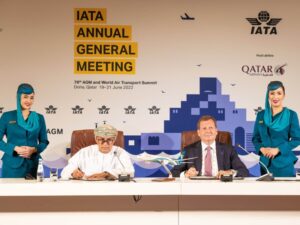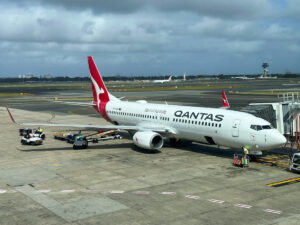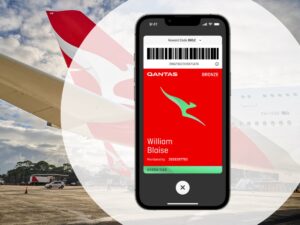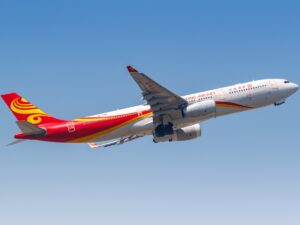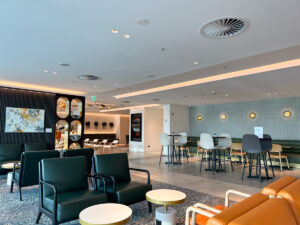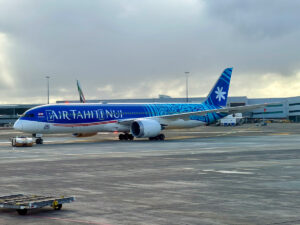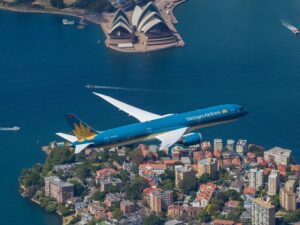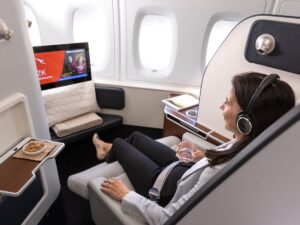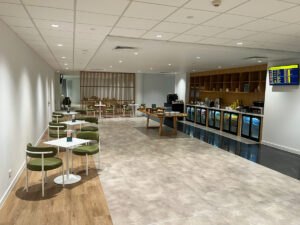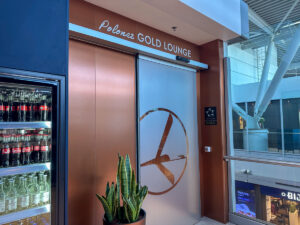
If you’ve ever booked a flight, chances are you’ve come across the issue of “married segments”. But what are they, and how do they affect the price of your ticket?
In airline speak, a married segment refers to two (or more) connecting flights that are priced based on the origin and final destination. For example, a Qantas flight from Melbourne to Dubai will be priced differently to a flight from Melbourne to London, via Dubai.
In the former case, the fare would be priced according to the market rate for flights to Dubai. In the latter example, however, the flights would be priced as a Melbourne-London booking (and not as the sum of individual Melbourne-Dubai and Dubai-London fares). The fact that the flight stops in Dubai has no impact on the price.
Married segments restricts availability end-to-end between two points. For example you might find MEL-LHR available as a single flight on the QF9, but you cannot book the MEL-DXB or the DXB-LHR as individual sectors on the QF9 (for example for connecting purposes).
Many airlines use married segment logic including Qantas, Singapore Airlines, Qatar Airways, Emirates and Cathay Pacific.
Connecting flights unavailable on one ticket
Here’s an example of married segments in action. One member is currently attempting to book two connecting flights on Cathay Pacific using points. They can find award availability if they search for the flights individually, but due to married segment logic they appear as unavailable if booked together. The only way to get around this is to book the flights separately or to add a break of more than 24 hours between flights.
Cathay is one airline that uses MSC. So for example if you wanted to book an award flight from London to Sydney with CX the two sectors LHR-HKG and HKG-SYD would be married. You would need to find an Award seat LHR-SYD for it to be valid.
If you look on the CX website it would be very rare to find this award available. You might find LHR-HKG and HKG-SYD both available on the same day as individual sectors, however you can’t book them and join them together. CX would make you stop for at least 24 hrs on HKG.
Qantas uses a similarly frustrating application of married segment logic at times.
Flights only available when booked together
It can work both ways. Sometimes connecting flights will not appear individually – but they will become available when booked together.
Another implication of married segments relates to changing a booking. If you’ve booked a connecting flight, and the airline uses married segment logic, you cannot change just one of the flights without affecting the rest of the booking.
For example, you may have booked a flight from Adelaide to Singapore via Melbourne. This would be treated as an Adelaide-Singapore booking under married segment logic. If you later decided that you only wanted to fly from Melbourne to Singapore, the itinerary would re-price at the Melbourne-Singapore rate and potentially cost you more.
In the Qantas context, connecting flights are normally married (subject to connection times), and you often cannot change one flight independantly of others on the itinerary.
Why do airlines use married segment logic?
So, why do airlines do this? It all relates to revenue management for the airline. In particular, it allows airlines to control the number of seats available to connecting passengers on a given flight.
Let’s say, hypothetically, that Qantas had a single morning flight from Canberra to Sydney. Qantas could sell all the seats on the plane to passengers with a final destination of Sydney. But this would mean that no seats were available for more valuable passengers connecting in Sydney to an international destination. So, to ensure enough seats were available for those lucrative connecting passengers, the airline might limit the number of seats sold to passengers flying only as far as Sydney.
Join the discussion HERE.

